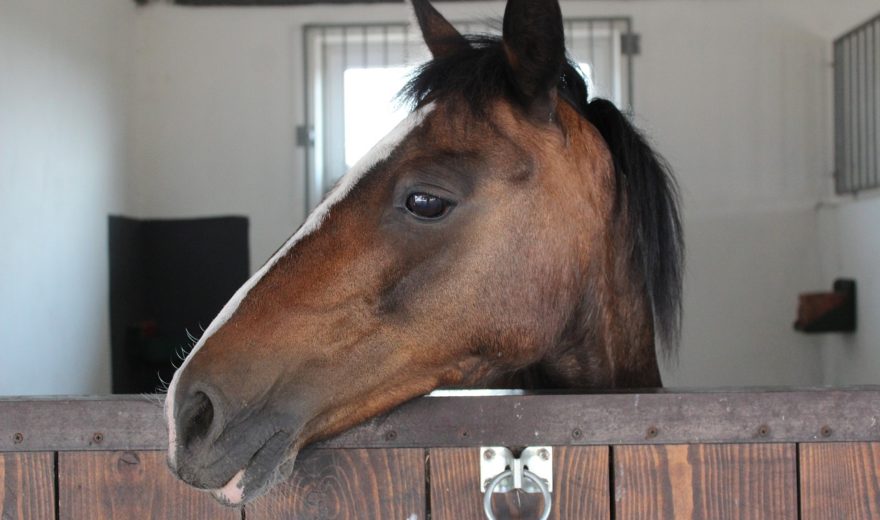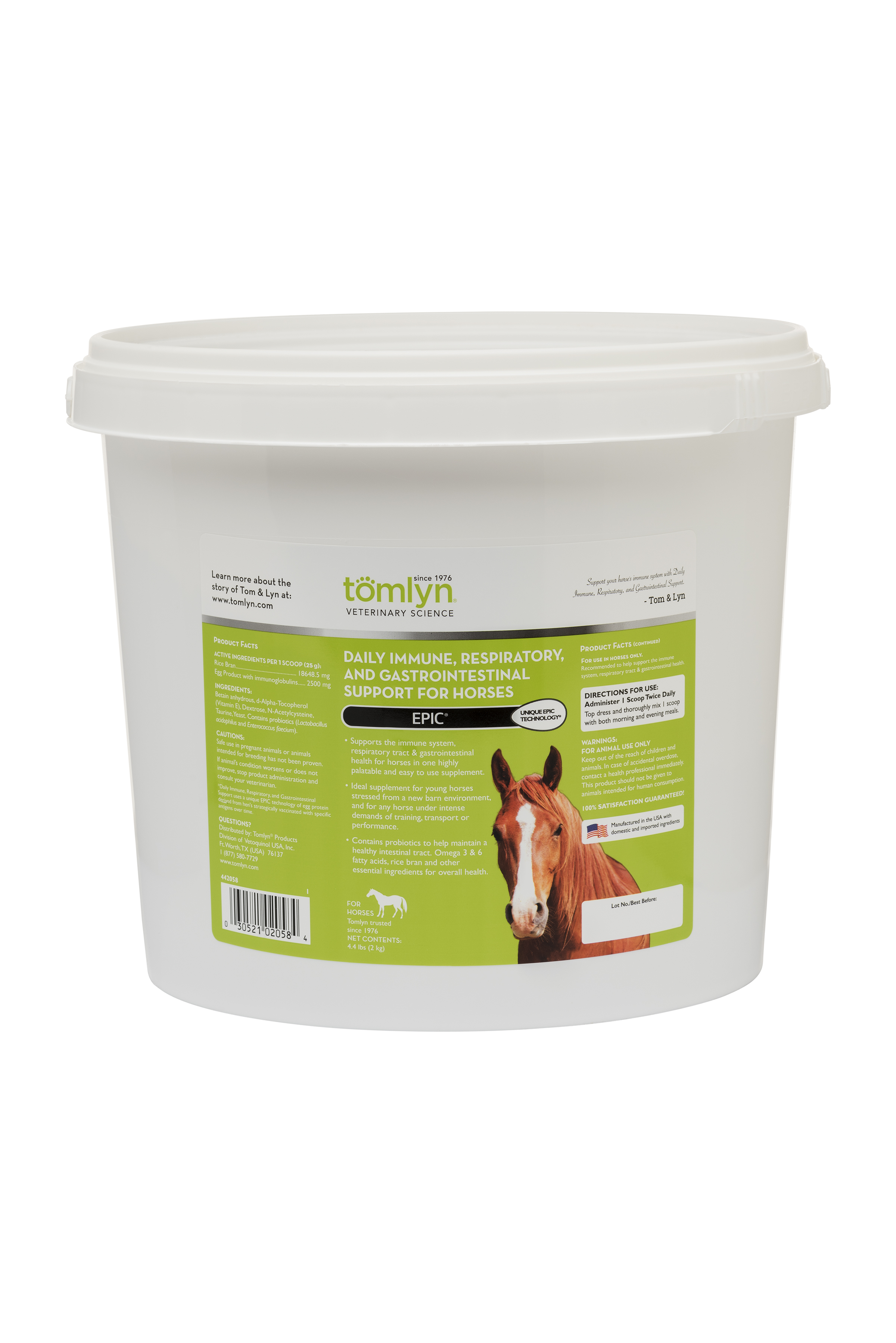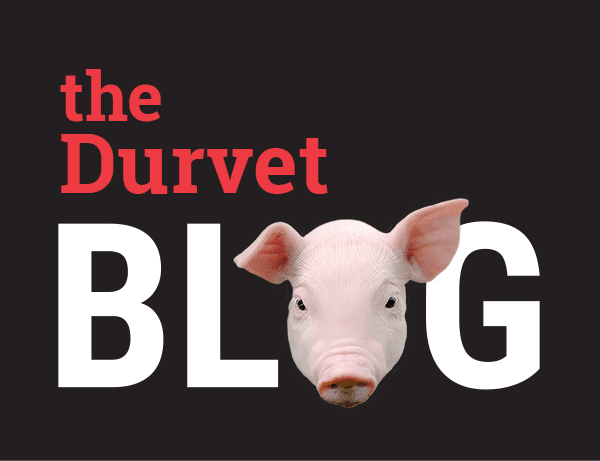
As summer begins to give way to fall over much of the nation, the warm summer air is beginning to cool. Leaves are starting to change, and it is rapidly becoming time to think about moving horses off pasture and into the barn for the winter.
For some horses, changes in husbandry and housing can have a significant impact on their health and wellbeing. The stabling can result in decreased activity, leading to stiffness and reduced joint mobility in older horses. A horse’s respiratory health can also be impacted.

Any time horses are brought together in close proximity in a venue with suboptimal ventilation, such as a barn, there is an increased risk of the horses developing upper respiratory tract infections. The stress of transport and changing social dynamics can predispose horses to these infections.
Typically, they are mild and self-limiting, similar to a human cold. However, if signs persist for more than a few days or a horse develops a fever, a veterinarian should be consulted.
Heaves is an inflammatory airway condition seen in middle-aged and older horses. Affected horses may have fewer clinical signs when they are housed in an open environment such as a pasture. However, when these horses are brought into barns, they often develop a chronic cough, nasal discharge (snotty nose), exercise intolerance/poor performance, and respiratory difficulty.
The reduced ventilation, dust, mold, and other allergens associated with stabling causes affected horses to experience a flair of clinical signs. Chronically affected horses typically have a classic “heave line” extending from the point of the hip to the sternum which is caused by the horse overusing its abdominal muscles in an attempt to breath.
Improving ventilation in the barn, avoiding the use of haylofts above stalls, minimizing sweeping or the use of leaf blowers, and feeding a total pelleted diet instead of hay can help in the management of horses affected by heaves. Veterinary care is also often required to help control symptoms, with injectable steroids and bronchodilators serving as the mainstays of treatment.
As you prepare your horses and barn for the season change, there is one additional step you can take. Tomlyn’s EPIC Daily for Horses contains ingredients such as probiotics and rice bran, a source of Omega 3 & 6 fatty acids, that can help support horses through the transition from pasture to barn.
In the meantime, get out and enjoy your late summer rides and all that the season has to offer.

 BACK TO MAIN BLOG
BACK TO MAIN BLOG 
Comment